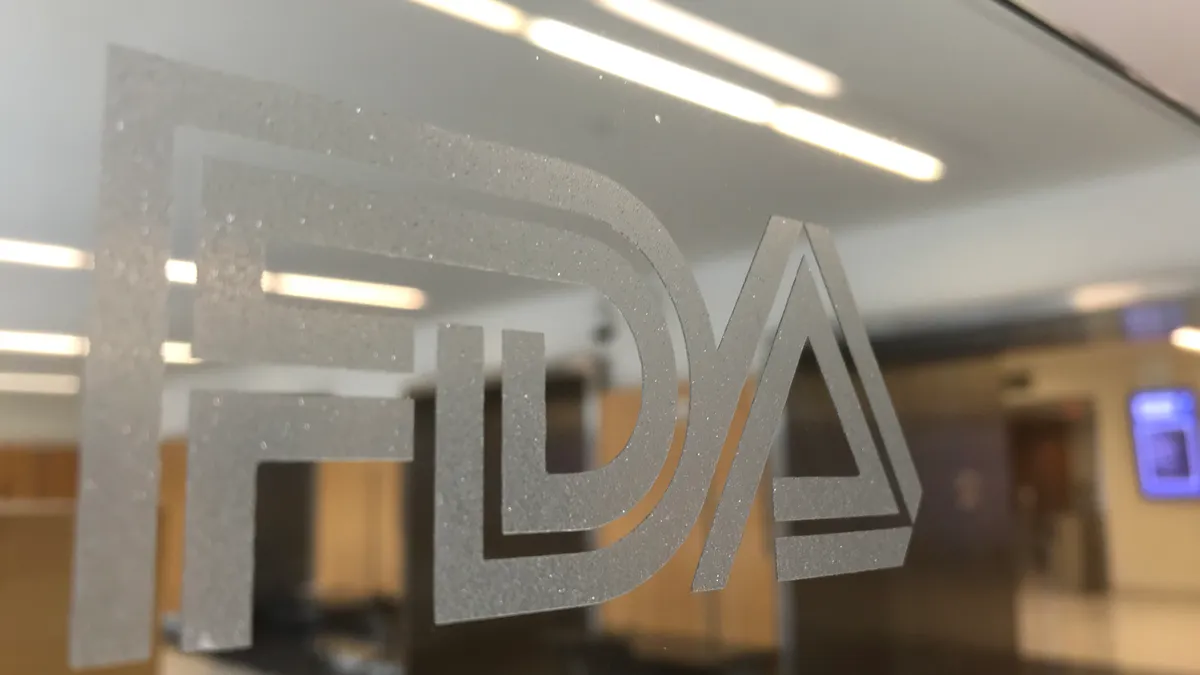Dive Brief:
-
FDA is relaxing rules on the manufacture and use of ventilators amid a spike in demand for the devices during the COVID-19 outbreak and warnings of a looming shortage.
-
Through guidance published Sunday, FDA is permitting ventilator manufacturers to modify hardware and software without first submitting a premarket notification. The agency also used the guidance to offer a streamlined path to market for automakers and other non-medtech manufacturers that want to repurpose their plants to supply ventilators.
-
While the administration encourages companies in other sectors to pivot to help fight the crisis, healthcare providers and some lawmakers want them to use the Defense Production Act to compel them, but President Donald Trump has resisted that, contending there is no need in a Sunday briefing.
Dive Insight:
Rapid growth in the number of COVID-19 cases that require mechanical ventilation has the potential to significantly inundate critical care capacity in health systems around the world. The Society of Critical Care Medicine issued new advice Sunday for hospitals to have a plan in place for if their surge capacity strategies are overwhelmed.
FDA published guidance that frees organizations that make and use ventilators from some of the restrictions and requirements it normally imposes on them.
“With this boost from the FDA, medical device makers can more easily make changes to existing products, such as changes to suppliers or materials, to help address current manufacturing limitations or supply shortages," Department of Health and Human Services Secretary Alex Azar said in a statement. "Other manufacturers, such as auto makers, can more easily repurpose production lines to help increase supply."
The guidance clears companies to make changes to ventilators without issuing a premarket 510(k) notification “where the modification does not create an undue risk in light of the public health emergency.” FDA lists modifications to motors, the introduction of filtration and implementation of remote monitoring capabilities as the sort of changes that would not create undue risk.
Those actions are aimed at companies that already supply ventilators for the U.S. market. Another part of the guidance addresses companies that sell ventilators in other markets, as well as manufacturers in other industries. FDA plans to “work interactively” with such organizations to help them get devices to market via its Emergency Use Authorization process.
The guidance was part of a flurry of announcements about non-medtech manufacturers stepping up to help produce ventilators. Late last week, GM and Seattle-based ventilator maker Ventec Life Systems disclosed a collaboration to “drastically scale production of critically needed respiratory care products.”
Over the weekend, talks between Medtronic and Tesla came to light, and Trump said Ford is also working on the problem.
Addressing #COVID19 is a group effort. We are grateful for the discussion with @ElonMusk and @Tesla as we work across industries to solve problems and get patients and hospitals the tools they need to continue saving lives. We're all in this together. https://t.co/MdZ3u8k2nR
— Medtronic (@Medtronic) March 21, 2020
Medtronic said Thursday it's aiming to double its ventilator output.
FDA’s guidance also addresses the prospect that the rapid scaling up of ventilator output will fail to ensure every U.S. hospital has enough devices. To help hospitals deal with that situation, the FDA guidance clears healthcare professionals to use “alternative devices capable of delivering breaths or pressure support” outside of their authorized indications. FDA thinks devices including anesthesia gas machines and continuous positive airway pressure devices could be used in COVID-19 cases.
But hospitals, doctor groups and many Democrats want a forceful approach.
"America’s hospitals, health systems, physicians and nurses urge you to immediately use the DPA to increase the domestic production of medical supplies and equipment that hospitals, health systems, physicians, nurses and all front line providers so desperately need. As COVID-19 continues to spread throughout the country, these supplies are urgently needed to care for our patients and communities," major industry groups wrote in a letter to Trump on Friday.
The guidance is part of a spate of policies regulators have released during the health emergency to speed access to critical devices and diagnostics, including one on Friday expanding use of remote patient monitoring technologies to help ease the number of patients entering hospitals.










